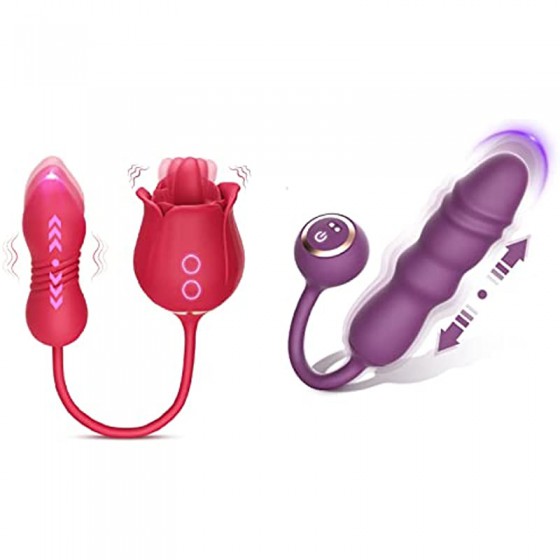Is it painful to check for fallopian tube blockage? Tubal blockage how to do?
Blocked fallopian tubes are one of the causes of female infertility, and can also cause ectopic pregnancy and other gynecological inflammations. To know whether the fallopian tubes are blocked, you must do some tests.
Is it painful to check for fallopian tube blockage?
Take salpingography as an example. There will be no pain during salpingography, but some patients may feel slight pain. If the fallopian tubes are clear, the patient who is being examined will generally feel no pain. If the fallopian tubes are blocked, the patient being examined will have varying degrees of pain, so this problem varies from person to person.
What are the dangers of fallopian tube blockage?
1. Dysmenorrhea. Long-term chronic inflammation of the fallopian tube can lead to pelvic congestion, which can lead to blood stasis dysmenorrhea. Dysmenorrhea is often accompanied by abdominal pain that begins one week before menstruation, and becomes more severe as the period approaches, until menstruation begins.
2. Irregular menstruation. The fallopian tubes are adjacent to the ovaries. When fallopian tube inflammation affects the ovaries, it will damage ovarian function to varying degrees, resulting in abnormal menstruation. Among them, frequent menstruation and excessive menstrual flow are the most common.
3. Infertility. The fallopian tube plays an important role in transporting sperm, ingesting eggs, and transporting fertilized eggs to the uterine cavity. When the fallopian tubes are damaged, they will become blocked, hindering the passage of sperm and fertilized eggs, leading to infertility.
4. Others. Severe fallopian tube blockage, in addition to symptoms such as infertility and dysmenorrhea, can also cause increased leucorrhea, sexual pain, gastrointestinal disorders, fatigue, affected or intolerable labor, psychiatric and neurological symptoms, and mental depression.
What to do if the fallopian tubes are blocked?
Most of the fallopian tube blockage is a physiological phenomenon. If it is within the normal range, there will be no problem. However, if the symptoms are severe and do not show relief for more than an hour, you must start with your daily life. To prevent the occurrence of fallopian tube blockage, pay attention to the following items.
1. Don’t walk too long or carry heavy objects. Holding heavy objects causes strain on the abdomen, which can easily cause contractions.
2. When you are tired, lie down and rest and keep quiet, it will be very effective.
3. Don’t accumulate stress. Mental fatigue can cause various problems just like physical fatigue. It is easy for the abdomen to become hard after stress accumulates. It is best to relax both physically and mentally.
4. Prevent catching cold. Air conditioning makes the lower limbs and waist too cold, which can also easily lead to high-risk pregnancy. It is also important to put on socks and cover yourself with a blanket to prevent catching a cold.
Nursing skills:
1. Sleep on the side: Let the patient sleep on the side and avoid standing or sitting for long periods of time to reduce pain in this area. It will also be helpful to put a cushion on the patient's buttocks when sitting.
2. Massage: Within 10 days of the operation, family members can use their palms to apply slight pressure to help the patient perform a circular massage until the area feels hard. If the uterus contracts and the pain is severe, the massage should be temporarily stopped and the patient should lie prone. to relieve pain.
3. Painkillers: If you still feel pain and discomfort that affects your rest and sleep, you should notify medical staff. Mild sedatives can be used to relieve pain if necessary.



















